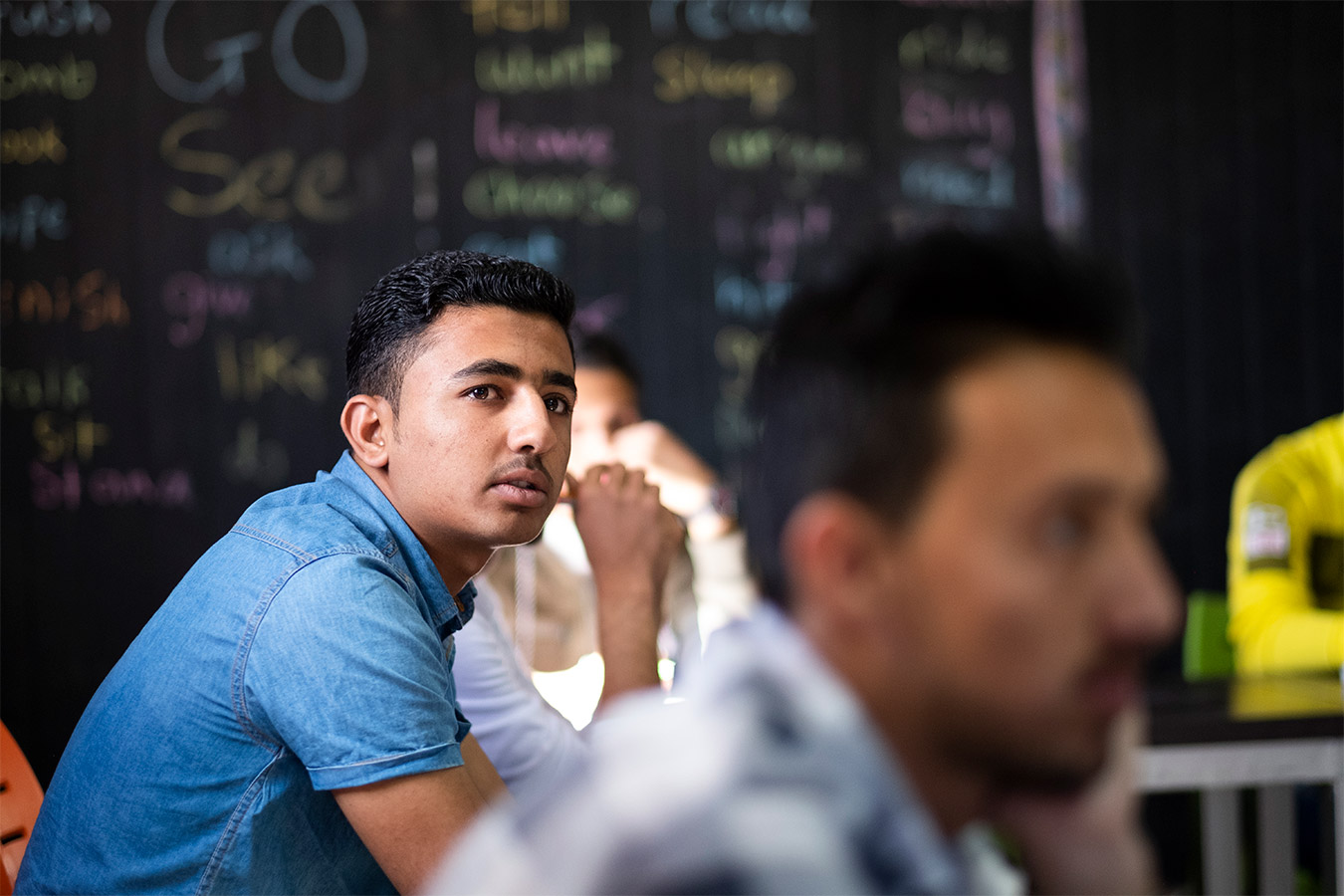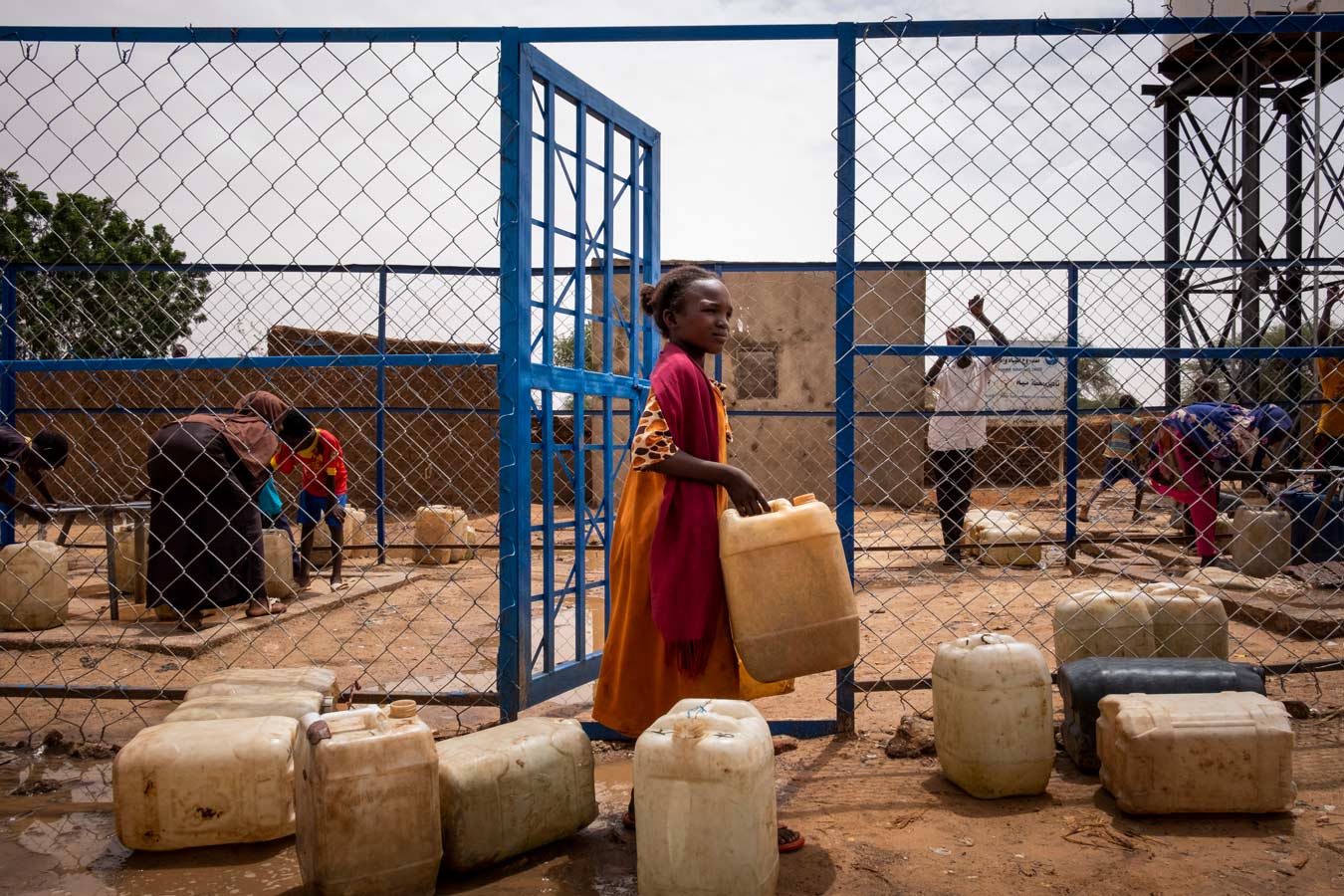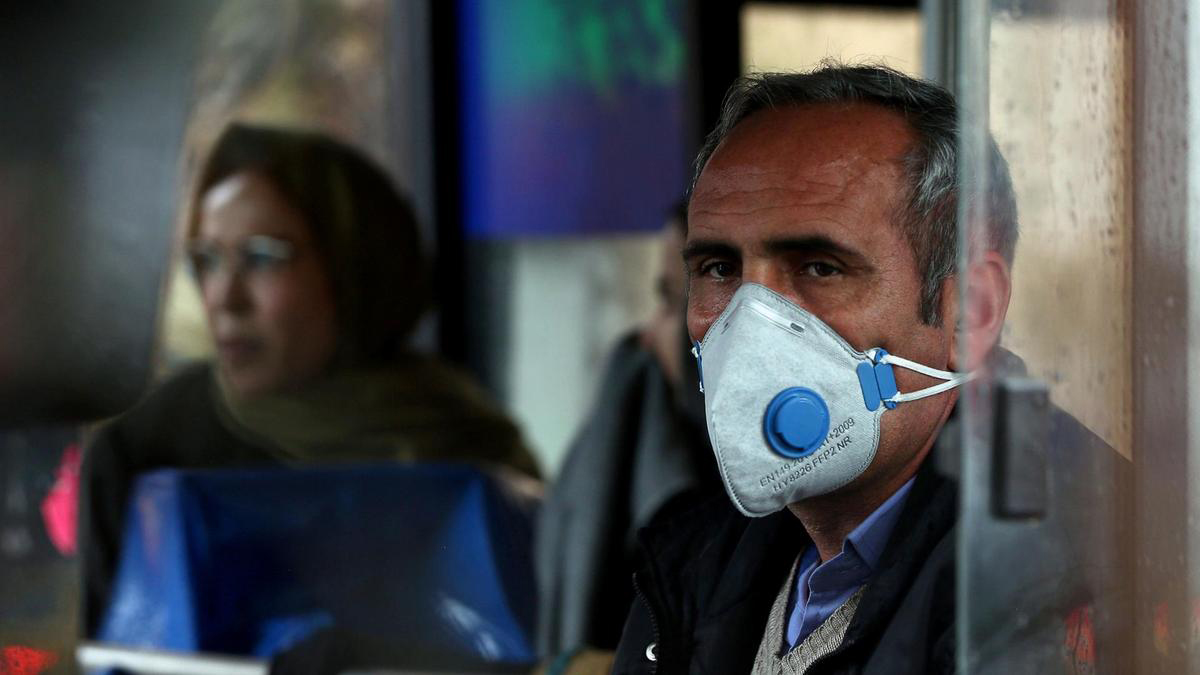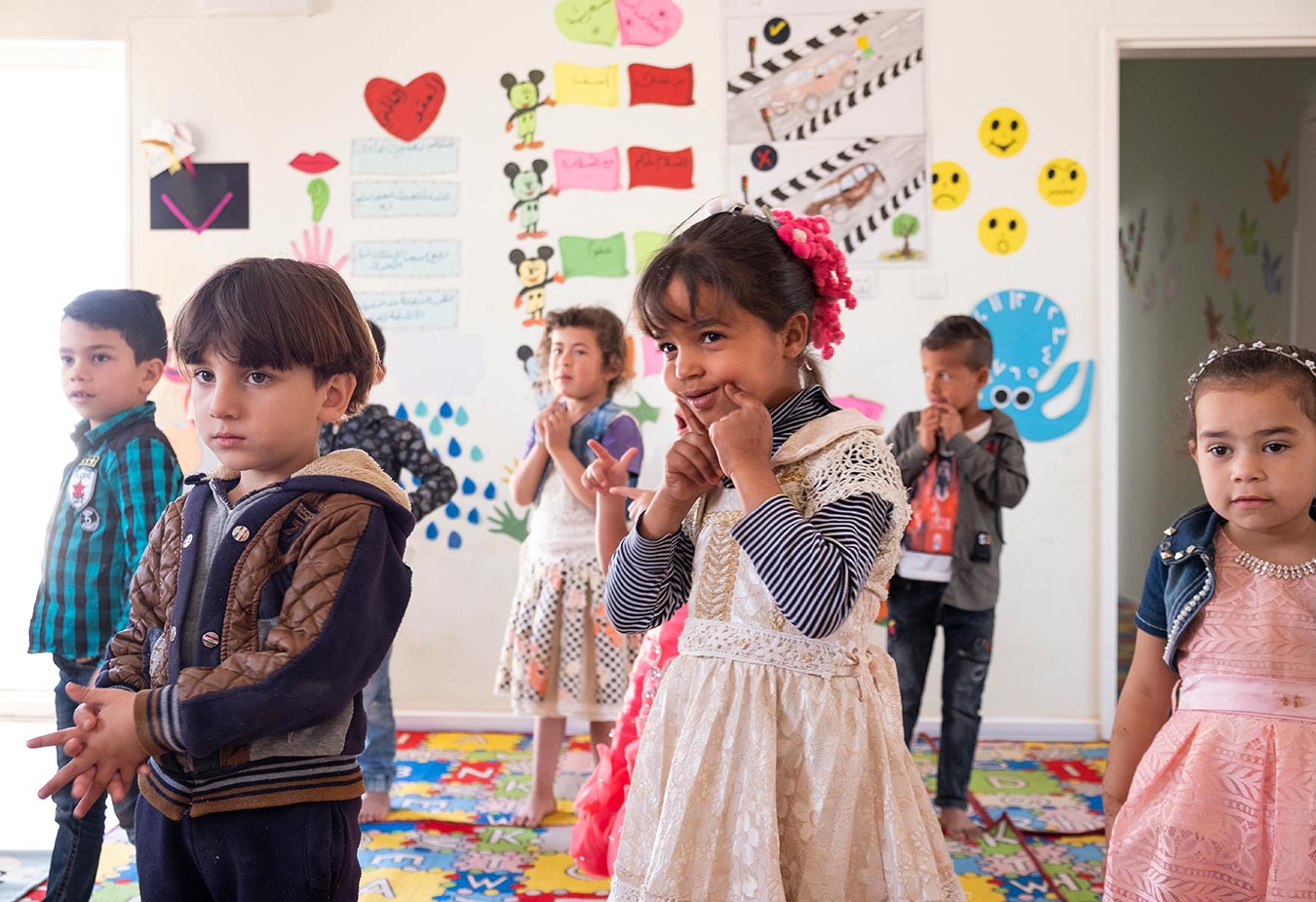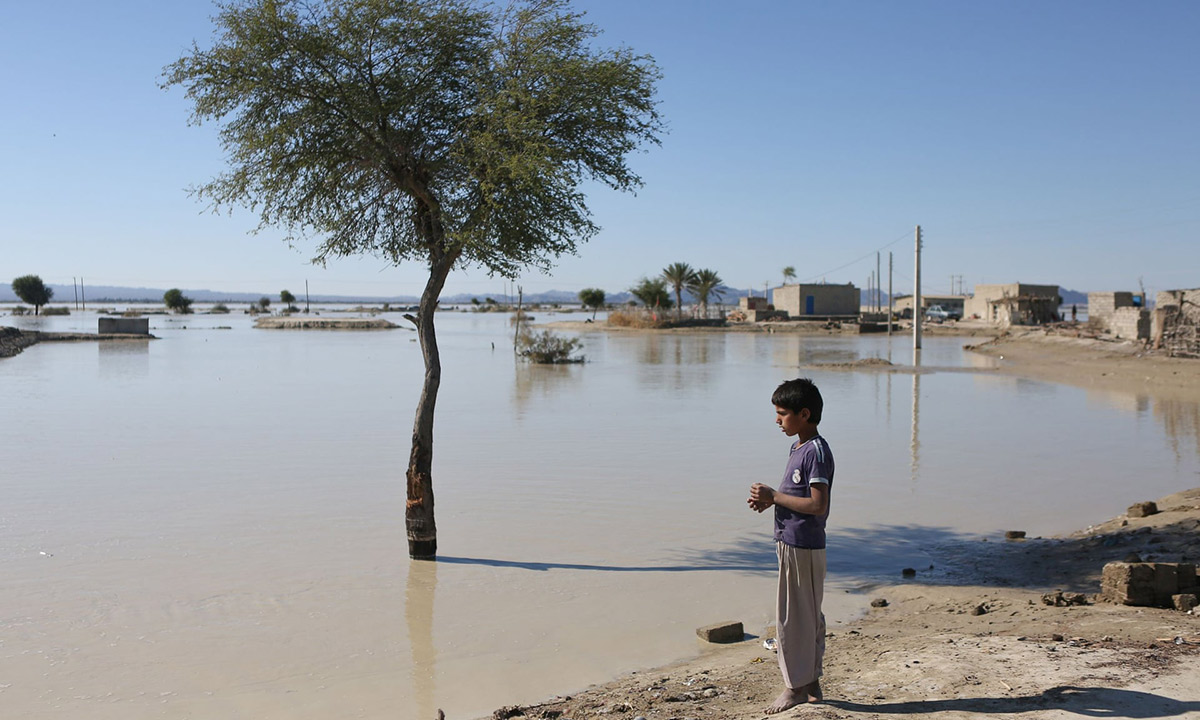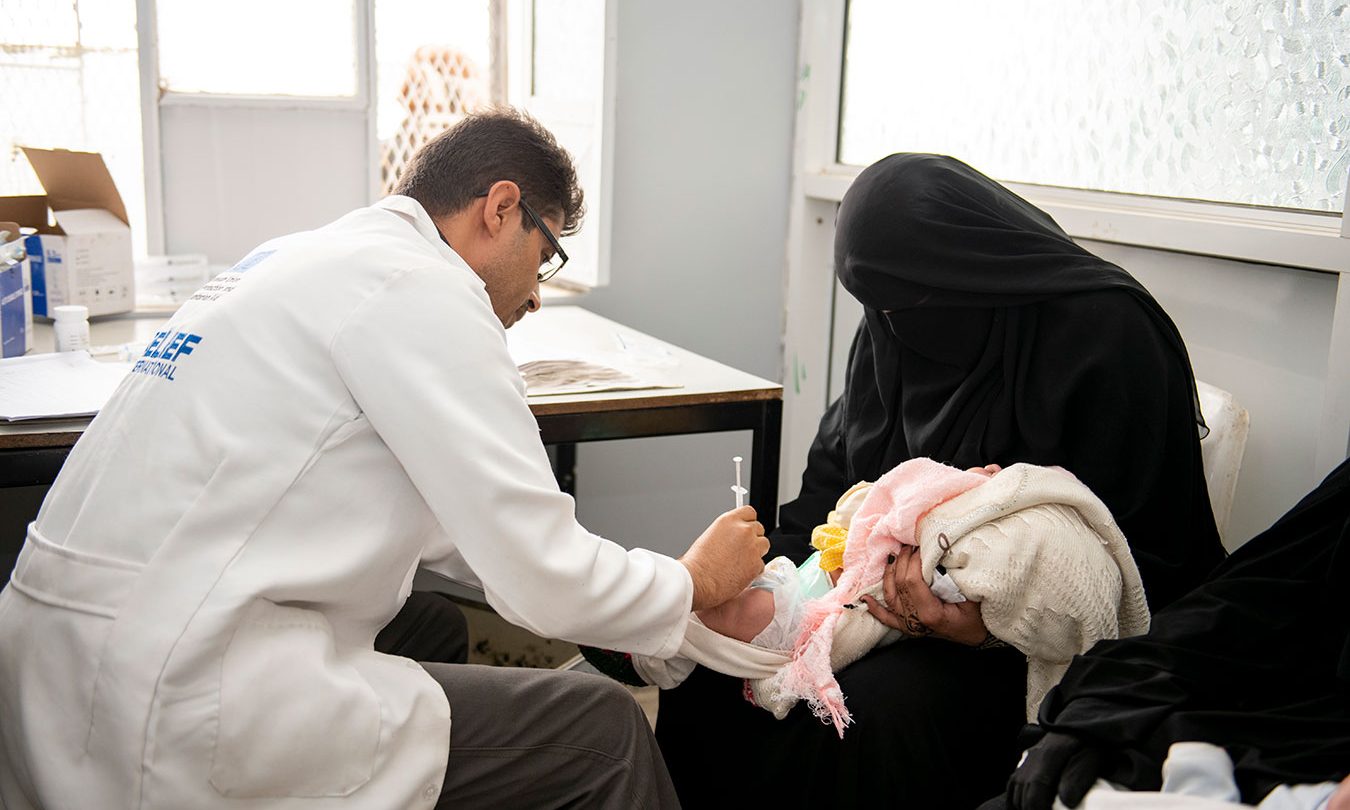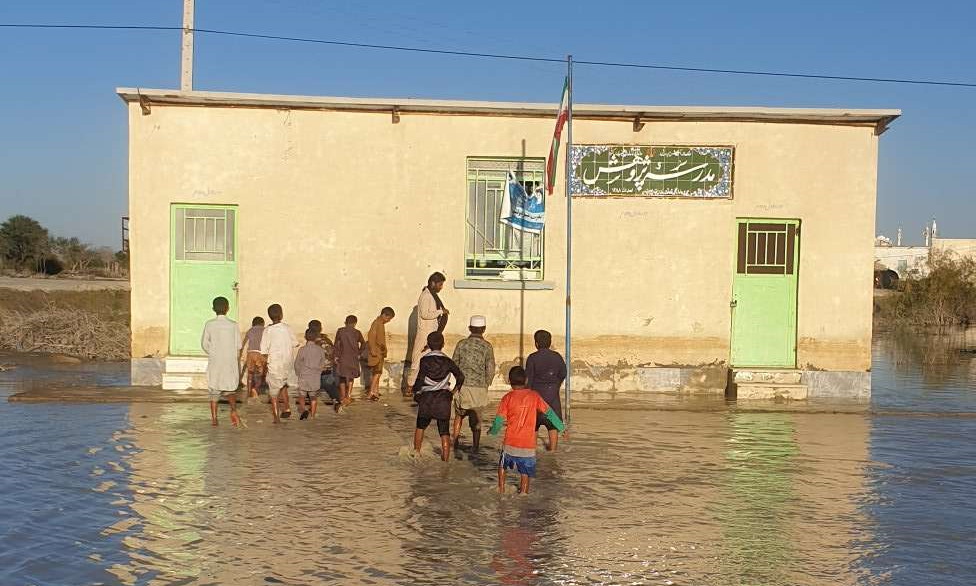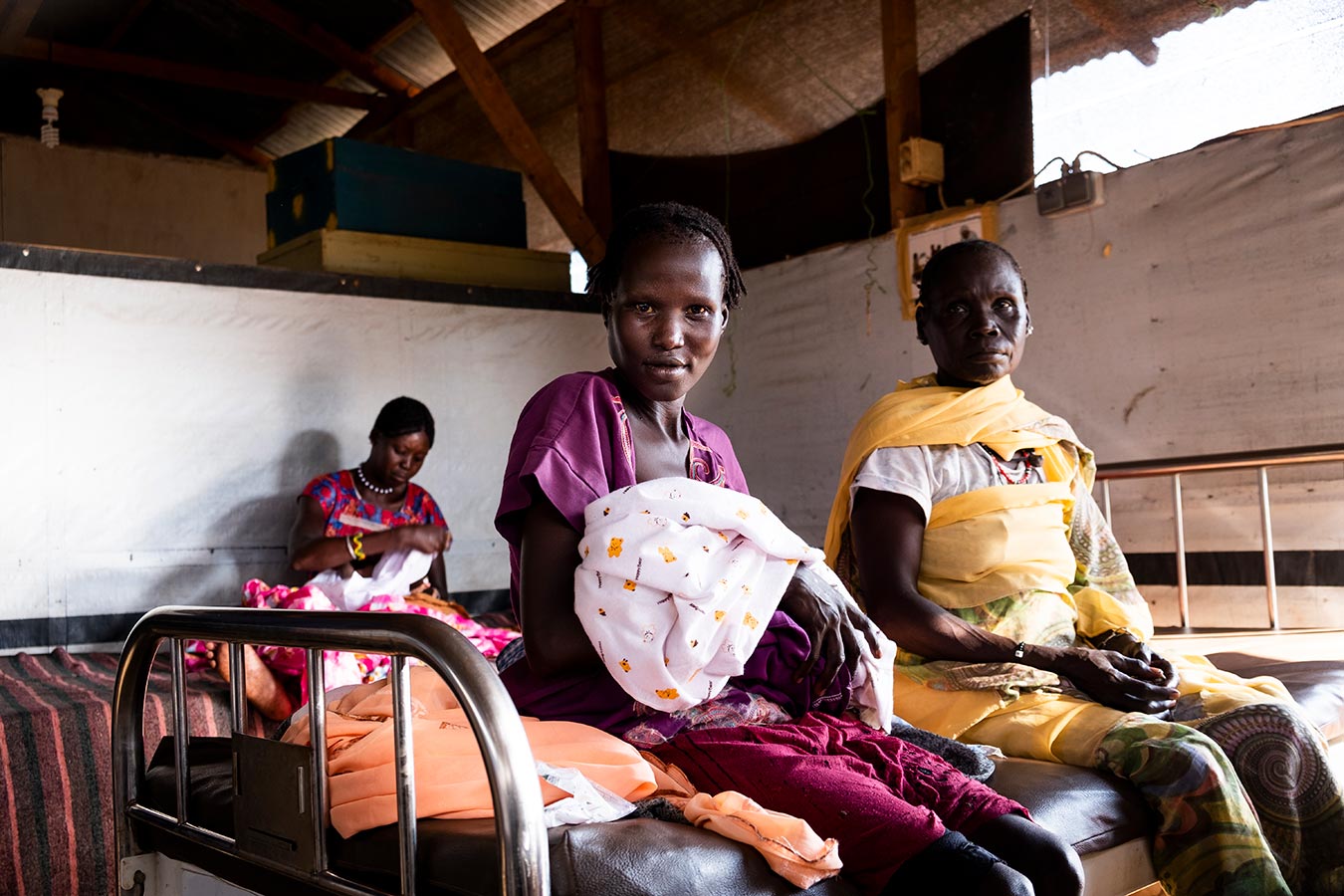All Partners
Abdul Aziz Al Ghurair Refugee Education Fund صندوق عبد العزيز الغرير لتعليم اللاجئين
ANHAR for Peace Development and Humanitarian Work
Association of Assistance Solidarity and Support for Refugees and Asylum Seekers
Bader Philanthropies, Inc.
Center for Disaster Philanthropy
CHSAlliance
ClimateCare
European Commission
European Commission Civil Protection and Humanitarian Aid Operations
Foreign, Commonwealth and Development Office
German Federal Foreign Office
Global Affairs Canada
Google.org and Google Employees
Latter-day Saint Charities
Mülteciler Dernegi
National Syrian Project for Prosthetic Limbs
Office of U.S. Foreign Disaster Assistance
Seek Refuge
Somalia Humanitarian Fund
START Network
Swiss Agency for Development and Cooperation
The World Bank
U.N. Children's Fund
U.N. Development Programme
U.N. Food and Agriculture Organization
U.N. Office for Project Services
U.N. Office for the Coordination of Humanitarian Affairs
U.N. Population Fund
U.N. Refugee Agency
U.S. Agency for International Development
U.S. Bureau of Population, Refugees, and Migration
U.S. Department of State
Union of Medical Care and Relief Organization
United Youth for Peace and Development
World Food Programme
